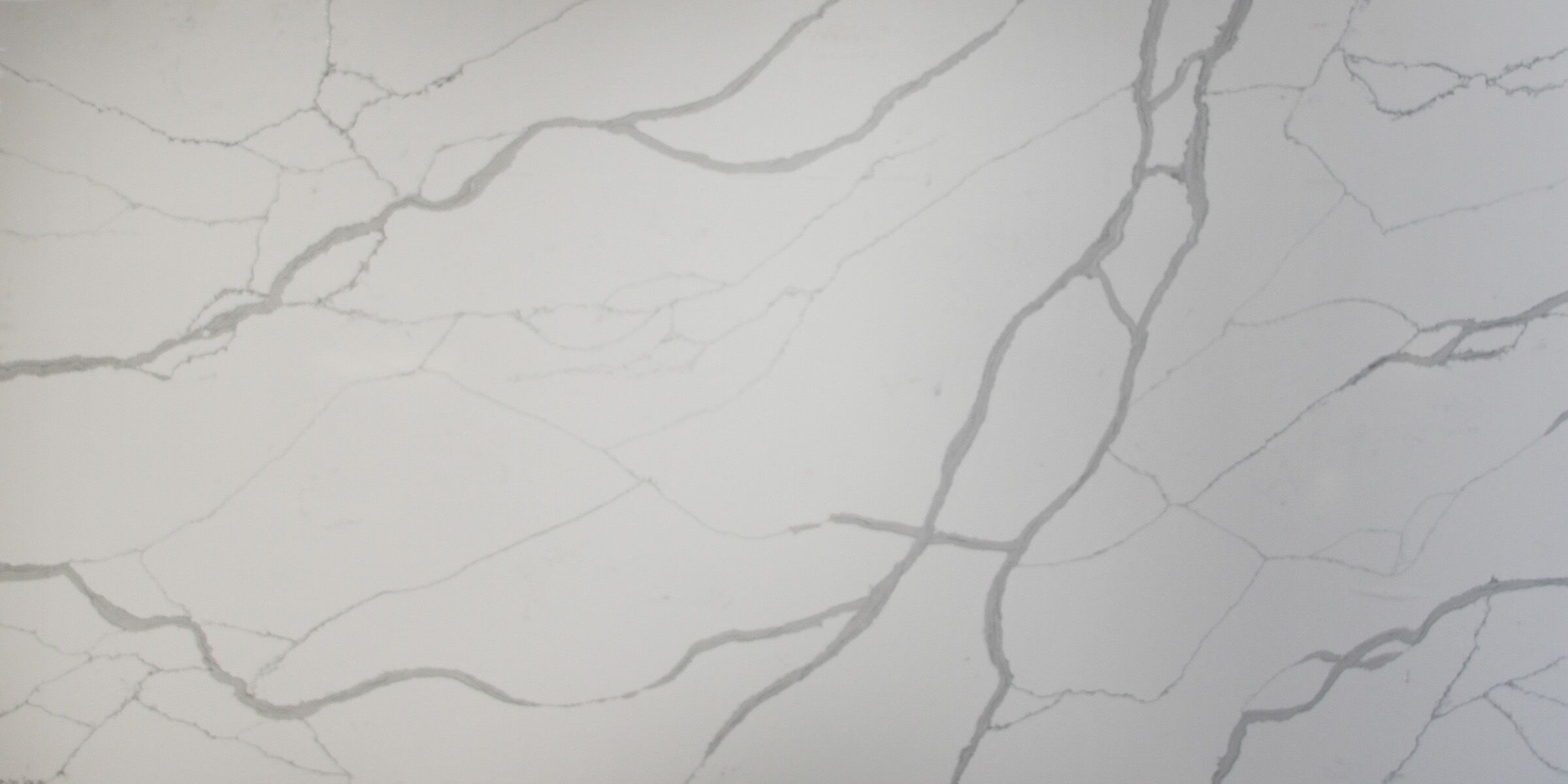Introduction
Quartz countertops are renowned for their durability, low maintenance, and stunning aesthetics. But one concern that homeowners and designers may have is whether quartz countertops yellow over time. In this comprehensive article, we delve into the factors that can cause quartz yellowing and offer tips to prevent and maintain your quartz countertops for long-lasting beauty and function.
Understanding Quartz Countertops
Before we address the issue of yellowing, it’s essential to understand what quartz countertops are made of and their unique characteristics. Quartz countertops are engineered stone surfaces made from approximately 90-95% natural quartz and 5-10% resins, polymers, and pigments. This combination creates a highly durable, non-porous, and heat-resistant material ideal for kitchen and bathroom countertops.
Do Quartz Countertops Yellow Over Time?
The short answer is that high-quality quartz countertops should not yellow over time if properly maintained and cared for. However, certain factors can contribute to the yellowing or discoloration of quartz countertops. These factors include:
- Low-quality resins: Poor-quality resins used in the manufacturing process can cause yellowing when exposed to sunlight or heat over time.
- UV exposure: Prolonged exposure to direct sunlight can lead to the discoloration of quartz countertops, especially those with low-quality resins or pigments.
- Heat damage: Although quartz is heat resistant, excessive heat exposure can cause damage or discoloration to the resin binder.
- Chemical exposure: Harsh chemicals and cleaning agents can react with the resins and pigments in quartz, causing discoloration or yellowing.
Preventing and Maintaining Quartz Countertops
To prevent yellowing and maintain the pristine appearance of your quartz countertops, follow these simple care and maintenance tips:
- Choose high-quality quartz: Opt for reputable brands and suppliers that use high-quality resins and pigments in their quartz countertops, reducing the risk of yellowing.
- Protect from UV exposure: If your countertops are exposed to direct sunlight, consider using window treatments to reduce UV exposure or choosing quartz that is specifically designed for outdoor use with added UV resistance.
- Use heat protection: Always use trivets or hot pads to protect your quartz countertops from excessive heat, which can cause discoloration or damage.
- Clean with mild cleaners: Avoid using harsh chemicals or abrasive cleaning agents on your quartz countertops. Instead, use a mild, pH-neutral cleaner or a simple mixture of water and mild dish soap to keep your countertops clean and free from potential discoloration.
How to Treat Yellowed Quartz Countertops
If you notice yellowing or discoloration on your quartz countertops, it’s essential to determine the cause before attempting any restoration. Consult a professional countertop specialist to assess the situation and recommend the best course of action. In some cases, polishing or refinishing the surface may be a viable solution, while in others, replacement may be necessary.
Conclusion
In conclusion, high-quality quartz countertops should not yellow over time if properly cared for and maintained. By choosing a reputable supplier, protecting your countertops from UV exposure and heat, and using mild cleaning agents, you can ensure your quartz countertops remain fresh, vibrant, and beautiful for years to come. So, do quartz countertops yellow over time? With the right care and attention, the risk of yellowing can be significantly minimized, allowing you to enjoy the stunning appearance and functionality of your quartz countertops without worry.

